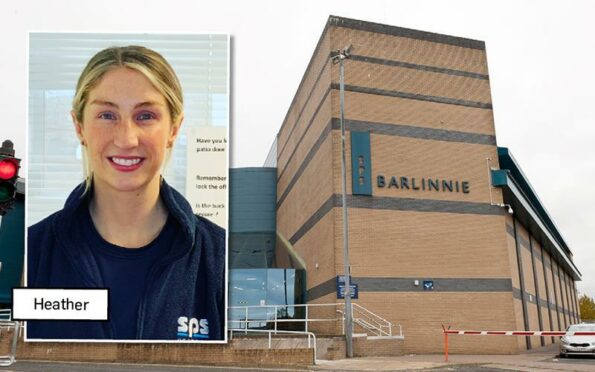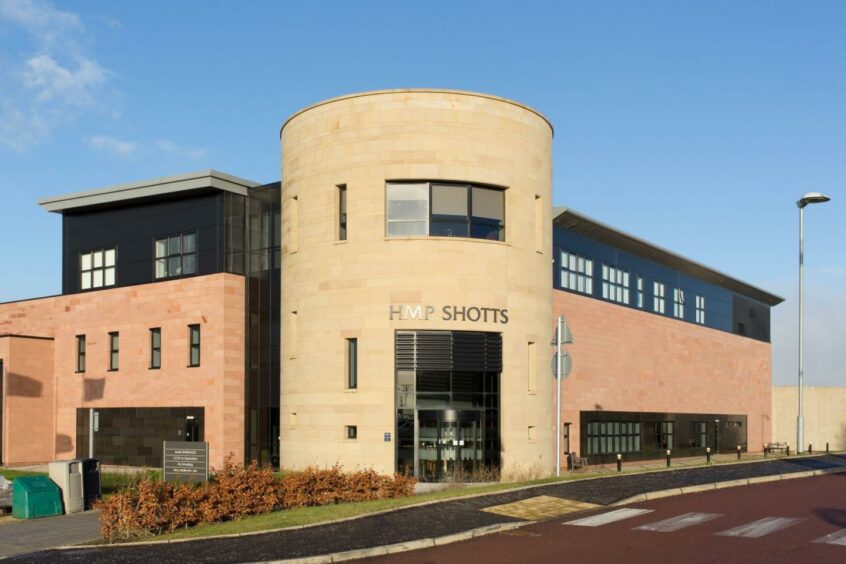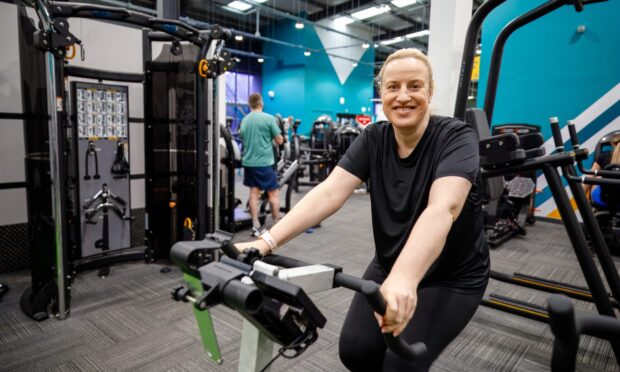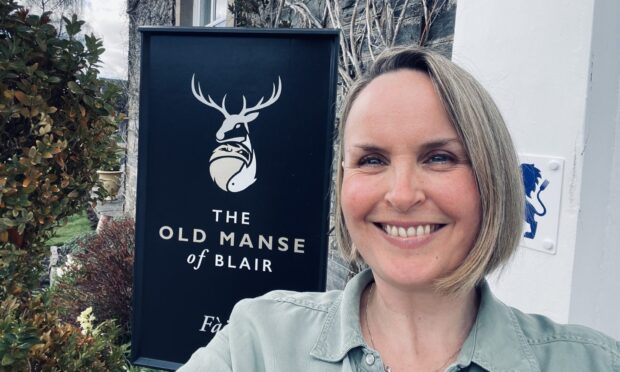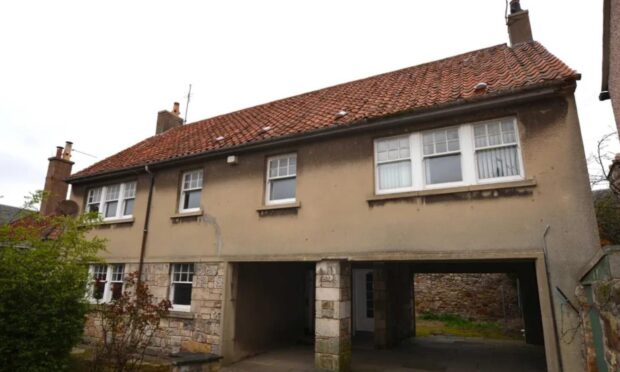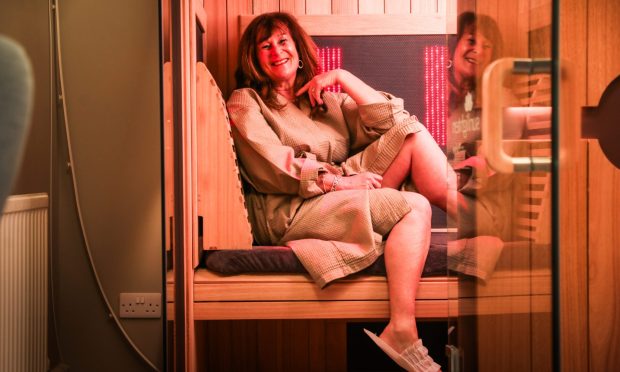Like starting any new job, it was a daunting experience for Heather Whitelaw when she arrived at the gates of Barlinnie Prison in Glasgow for her first shift – perhaps even more so given that she was only 18 years old at the time!
However, since reporting for duty at Scotland’s largest prison in 2010, Heather has never looked back and progressed to become a Health and Wellbeing officer during her 11-year career with the Scottish Prison Service (SPS).
“My first day was overwhelming – Barlinnie is a big prison – but over time everything becomes ‘very normal’,” admits the 29-year-old.
How people come to pursue a career with SPS varies, but for Heather it allowed her to live her dream career, one that was full of enjoyable challenges and opportunities to work with people from “all walks of life”.
She explained: “When I started I was still very young, only 18, and I had only worked in a pub so I didn’t have the best life experience behind me – but I loved working with people.”
Working closely with men in her care
After a stint in an operational role (ops), Heather went on to residential (res), where she continued to build good rapport with the people in her care – and it made a big impact on her.
“Working in res was the most interesting part of my career as you work so closely with the men in our care – you experience their highs and lows. You take on the role of the discipliner and the carer, depending on the situation, and that’s what made me strive to go into the programmes officer’s role,” she explained.
Initially, Heather set out to become a prison psychologist, but admits “I didn’t love studying or having my head in books, so I dropped out”.
But as a programmes officer with SPS, she began working with psychologists, running groups together, like sessions on substance and alcohol abuse, in HMP Barlinnie and HMP Shotts.
The Women’s Strategy for the prison service in Scotland
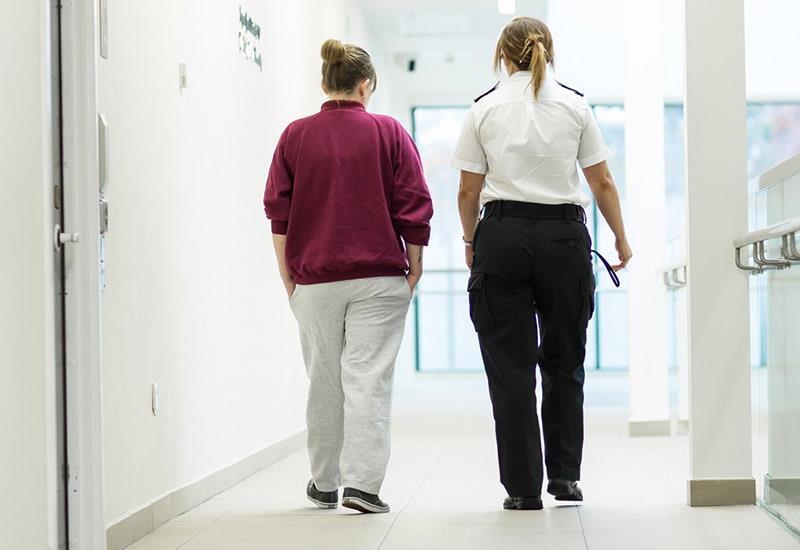
Then in January, after a decade working in men’s prisons (Barlinnie for three years and Shotts for seven), Heather joined the women’s strategy team as Health and Wellbeing officer where she worked across all five prisons in Scotland that hold women.
Soon, she will be based in one of the new Community Custody Units (CCU), to be created in Scotland as part of the women’s strategy, which will care for women at the end of their sentences before they transition back into civilian life.
It gives the officer a chance to see part of prison life that she has never yet seen.
Heather added: “Every role I have done in the prison has lead me to the next role. I have watched guys go through their programme and on to the open estate – but you never get a chance to follow it up and see how they got on – in this role, I will do that for the women in our care.
“At the CCU, the women are given more freedom and I will enjoy being there for them in a supportive role during what is often the most difficult part of their sentence.”
What is the best thing about working for SPS?

And now, before she begins her new role at the CCU, Heather reveals that the best thing about working for SPS is “meeting so many people from all walks of life”.
She added: “They have all taught me something – you can learn so much from others – people are our teachers. I have also learnt not to judge, as you never know someone’s background or circumstances.
“If you enjoy working with people this would be an amazing job. There are great progress and development opportunities in the prison service which has resulted in me undertaking a range of roles, allowing me to continue to learn and develop throughout the years.”
Looking at prison service jobs in Scotland? Attend this recruitment event.
If you have been inspired by Heather’s story and are considering prison service jobs in Scotland, then sign up to the Scottish Prisons Service’s recruitment event.
The online session on January 5 2022 is a chance to find out more about job vacancies at SPS, as well as ask any questions. Register your interest by emailing: vacancies@sps.pnn.gov.uk or the careers section of SPS website.
